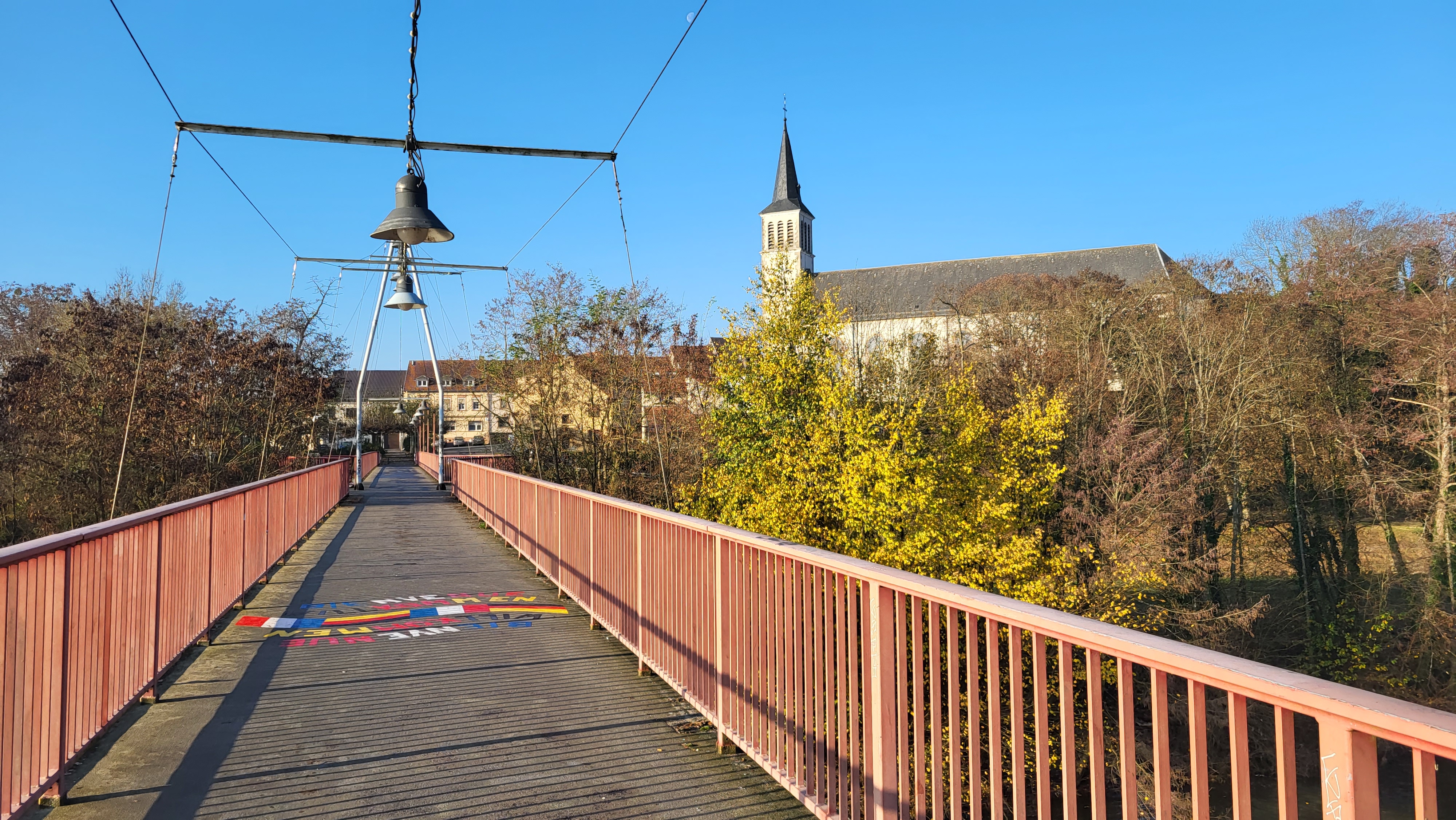Lived Europe
Strengthening cross-border cooperation bottom-up – perspectives for the SaarLorLux region in a lived Europe
With our research project on “Strengthening cross-border cooperation ‘from below’ – perspectives for the SaarLorLux region in a living Europe”, we aim to contrast and relate the views of mayors in the Saarland, the département Moselle and the Grand Duchy of Luxembourg regarding cooperation in the common ‘basin de vie’ in light of the experiences made during the Covid-19 pandemic and the considerations on a 'lived' European Union at the local level.
What have political and administrative authorities learnt from the experiences with the Covid-19 pandemic? Which paths can be taken for future cross-border cooperation? And which perspectives does this provide for Europe? As the Saarland's Prime Minister Anke Rehlinger (2023) emphasised in her government statement in the run-up to the 60th anniversary of the Élysée Treaty, these questions are more topical than ever: according to Rehlinger, Europe becomes tangible and understandable in border regions as “interfaces of growing together”. This makes it all the more important to start right here, where a “real-life practical test for the policies of the capital city desks” can be realised. Against this background, we aim to follow up on our survey of key players in the municipal context from 2020 with a survey in 2024 – this time with the addition of Luxembourg municipal representatives, in line with the emphasised importance of Luxembourg in cross-border regional cooperation.
The objective is, on the one hand, to contribute to current issues in border studies and, on the other hand, to support the efforts of the state government in its strategies on border regions and Europe in a practice-oriented manner.

- Project manager: Prof. Dr. Florian Weber
- Project coordinator: M.A. Julia Dittel
- Funded by the State Chancellery of the Saarland


